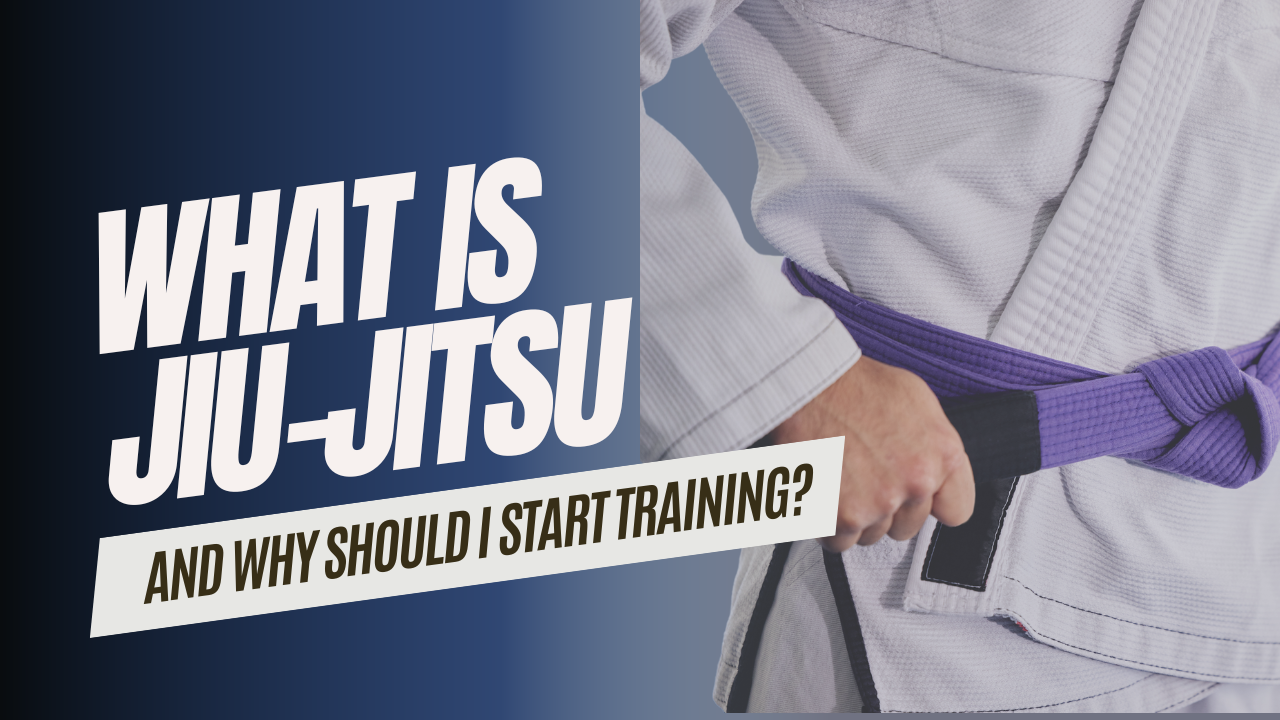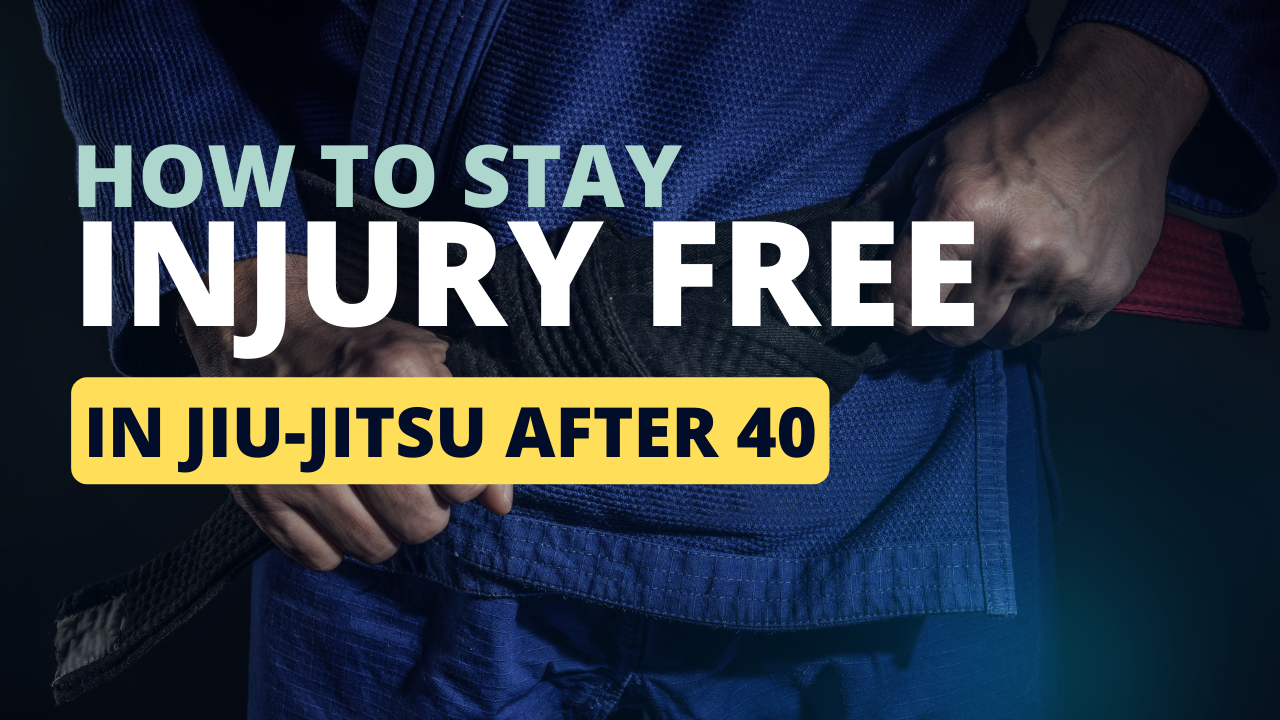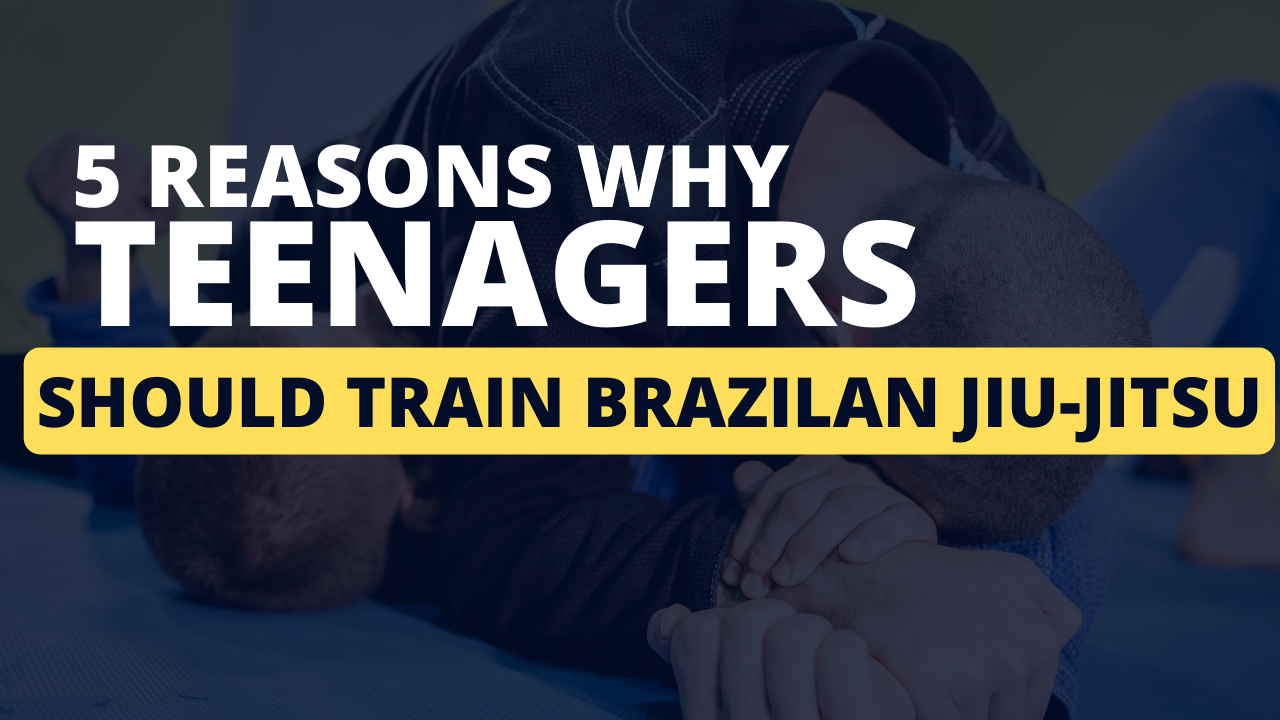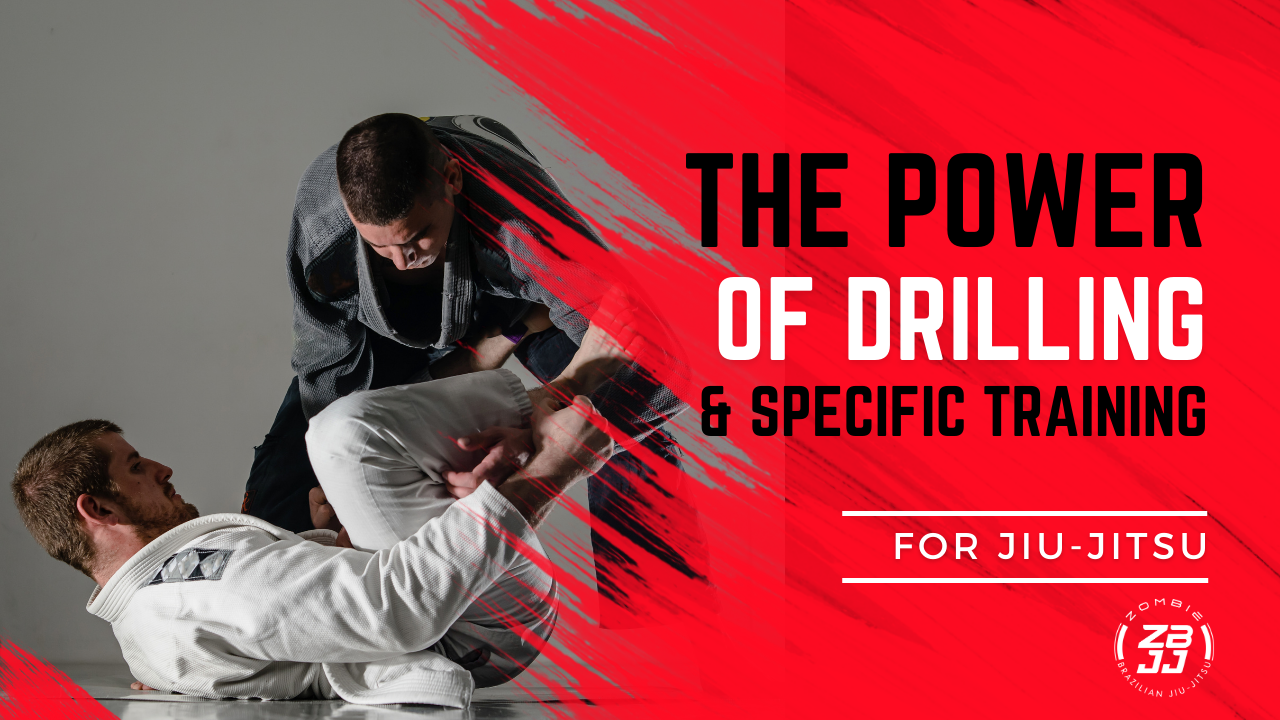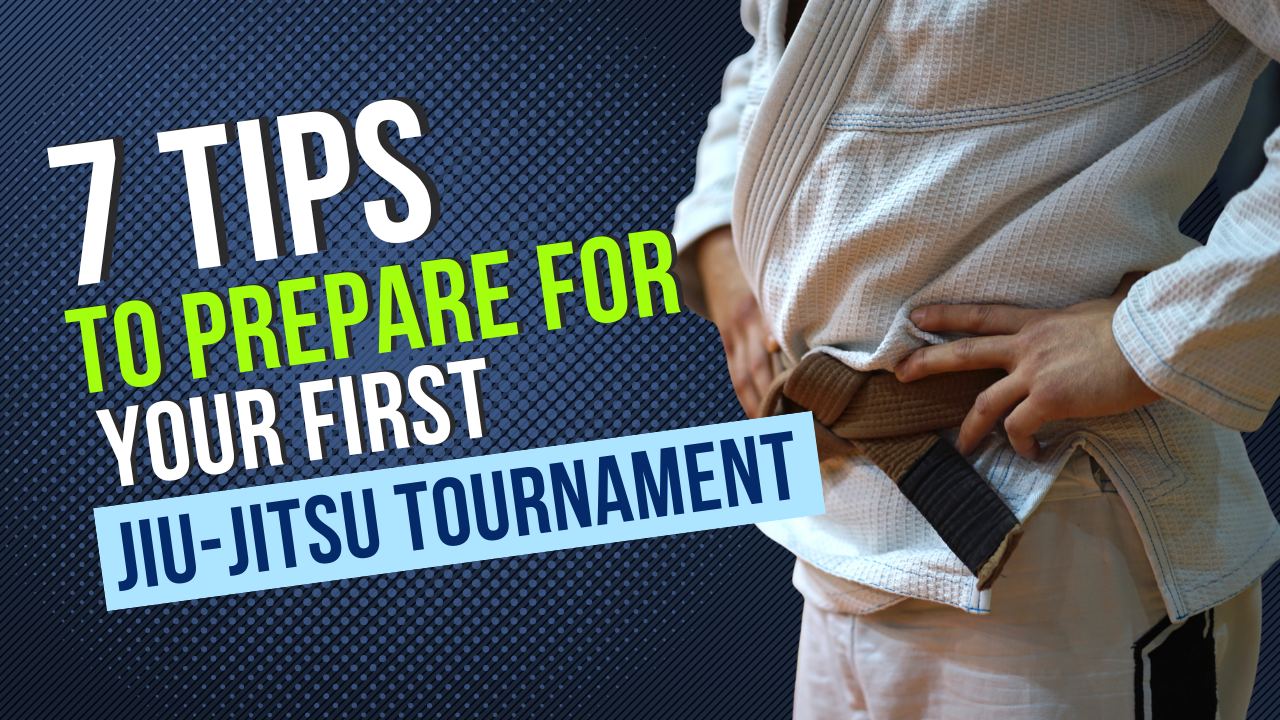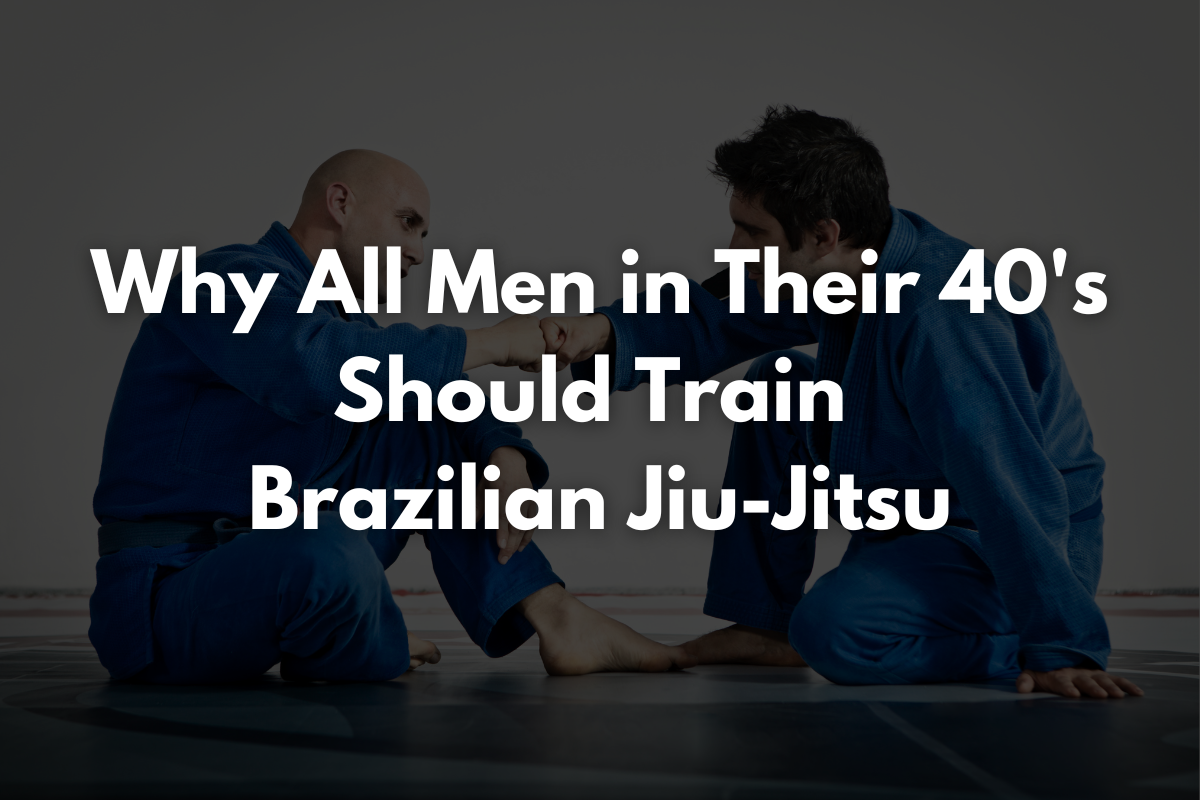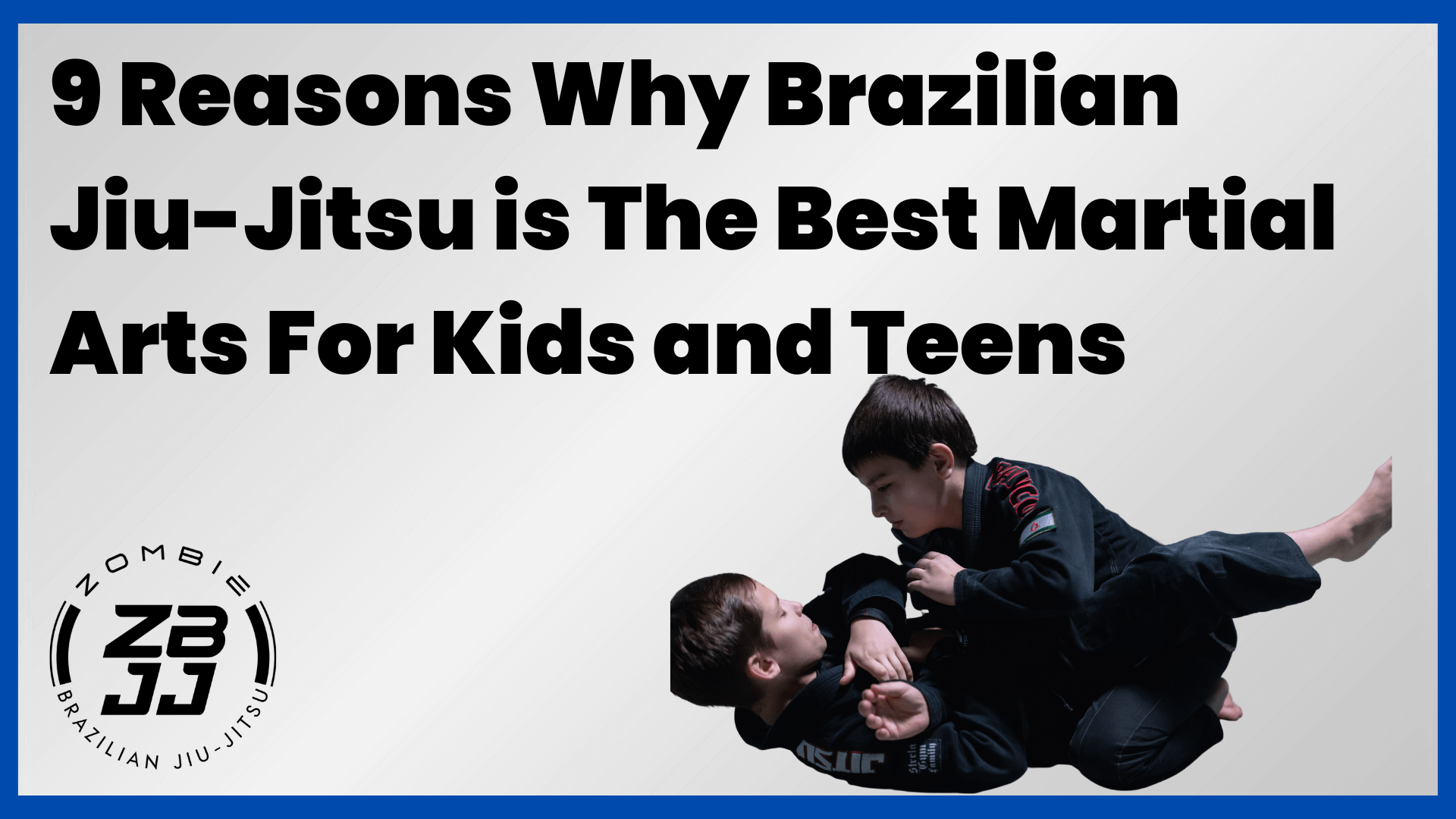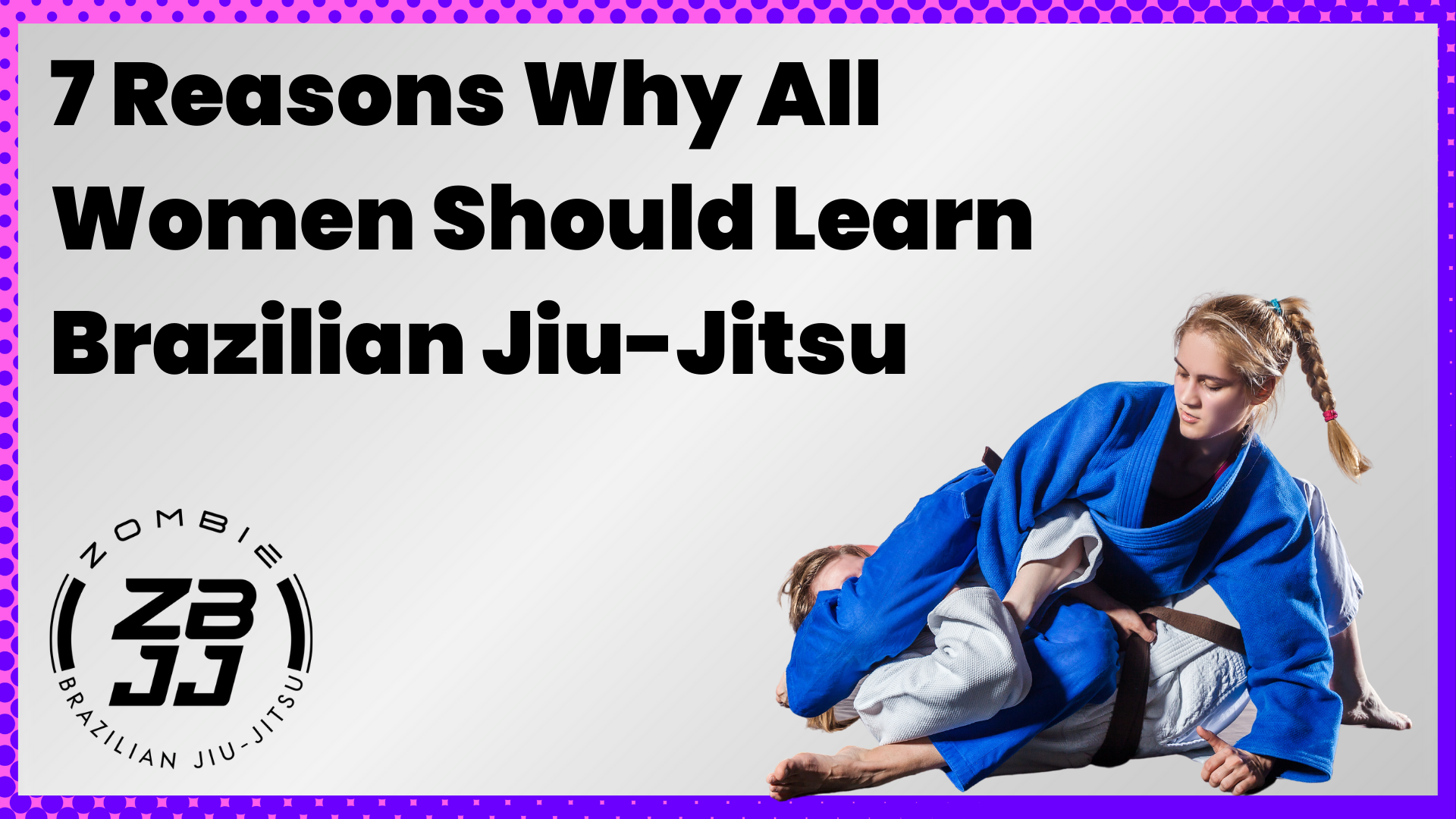Jiu-Jitsu... What's The Point?
Jiu Jitsu - What’s the Point?
Speaking technically, the “point” of jiu jitsu is to submit your grappling partner by utilizing a joint lock or a chokehold in order to elicit a tap (or in undesired circumstances, by causing a loss of consciousness or an injury). However, this question of “what’s the point?” can yield different answers for different people, and is most meaningful when answered on a personal level.
For instance, many people train jiu jitsu for exercise, enjoyment, or for self-defense purposes. Although in the moment we all are hungry for that tap, submission may be only an immediate, fleeting goal. One’s longer-term purpose or drive is most important, and generally the reason behind why we all come back day after day.
Whether it be losing those 15 pounds, feeling capable in a self-defense situation, or as a relief for mental health concerns, everyone’s “point” for training is valid and valued. This is something that is important to take into consideration!
With this in mind, how does this inform our practical approach to jiu jitsu? Firstly: When rolling with your training partners, although we may not know someone’s reason for training, know that it may be different than yours, and modulate your rolls and interactions accordingly. If someone requests to start from a more vulnerable position and practice escapes, be open to this.
If someone is training harder than you are comfortable with, communicate and each understand that your goals, either overall or that day, may be different. With these differences in mind, it is okay to say “no” to a particular roll. If someone is not interested in rolling with you, don’t take it as a personal affront - everyone has a right to choose a partner with whom they feel comfortable rolling.
In choosing your rolls, be exclusive enough to maintain safety (protect or prevent an injury, promote recovery, etc.), but inclusive enough to benefit from rolling with and learning from people of different sizes, body types, or skill levels. Do not make the mistake of using this exclusivity as an excuse to avoid challenging training without good reason; this will only hinder your overall skill development and long-term progress.
Secondly, know that your “point” for training may change over time. As a white belt, you may approach jiu jitsu with a more competitive mindset, eager to prove yourself. As you advance in belt rank, perhaps you become more interested in your longevity in the sport rather than competing, or trying to win every round.
This progression is common, but don’t feel pressured to conform! Sometimes, higher ranking belts feel the urge to compete when previously, they may not have had the confidence to do so, or maybe lacked the time to commit to training for competition. There are myriad ways in which your training, goals, and mindset can evolve over the course of your jiu jitsu career. These changes are good, and can help you maintain your engagement and love for learning jiu jitsu despite any changes to your life, your body, or your circumstances that are bound to occur as you progress from white belt to black belt.
Embrace your “point” for training, be open to growth and change, and realize that the training partners on the mats with you are your most valuable means to achieve your goals, and you theirs. Train with kindness, passion, and with a commitment to the growth of yourself and everyone around you, regardless of why you choose to practice jiu jitsu.
TRY A FREE JIU-JITSU CLASS
CLICK A BUTTON BELOW TO GET STARTED

